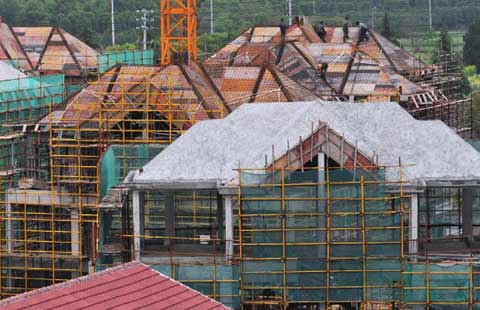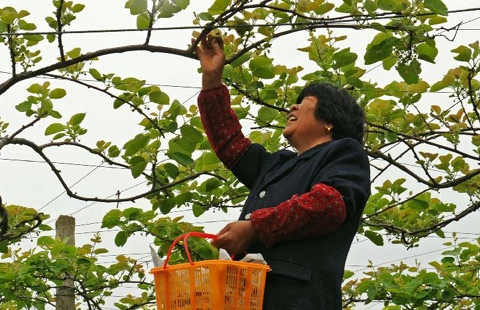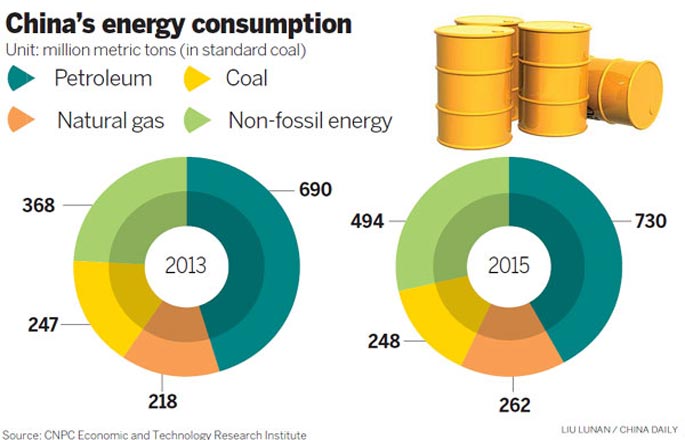Unilever bets big on Sichuan detergent unit
By Zhu Wenqian (China Daily) Updated: 2015-02-17 07:30
Consumer goods giant Unilever Plc said that its newly opened global manufacturing base in Sichuan province would play a key role in its China operations and serve as a vital conduit for expansion into the third- and fourth-tier cities of the country.
Though the multinational company's sales in China fell by 20 percent in the fourth quarter, it saw a significant surge in its performance in the western part of the country, said company officials.
The new factory in Meishan, Sichuan, is the third world-class green manufacturing base of the Anglo-Dutch company in China, in addition to manufacturing units in Tianjin and Hefei, Anhui province.
Unilever has earlier said it would invest 300 million yuan ($48 million) on the first phase of the project in Meishan, to produce laundry detergents under its OMO brand.
The company said the advanced detergent plant will help Unilever have an annual detergent production capacity of nearly 200,000 metric tons. The products will mainly serve western China, and subsequently the entire nation, the officials said.
"China has always been the market with the greatest potential for Unilever. As one of the first international companies operating in Meishan, Unilever has great confidence in the economic development of this region," said Marijn van Tiggelen, president of Unilever North Asia.
"The construction of the new plant in Sichuan is an important strategic step in the expansion of our global manufacturing base. We will make more efforts to expand our market in smaller cities in order to satisfy the demand in Southwest China," he said.
The home and personal care products manufacturer, which makes Dove soap, OMO detergent and Lux shampoo, has relied on growth driven by emerging markets across the world.
Zeng Xiwen, vice-president of public affairs at Unilever North Asia, said: "We plan to make the Sichuan manufacturing base the largest plant worldwide as Sichuan has geographical and strategic advantages. It is close to China's western regions and will also lower transportation costs significantly. We can save at least 1,500 kilometers on each shipment compared with that from Unilever's Hefei plant. In addition, the rich mineral resources in Sichuan provide adequate raw materials for detergents, which also help save transportation costs."
Following the development of the new Silk Road Economic Belt and the opening of the Chengdu-Europe Express Railway, Sichuan is expected to play an increasingly important role in international economic and trade cooperation.
Sichuan serves as the heart of western China, and the new production base will create at least 1,000 jobs. It will attract migrant workers who are currently working in larger cities to go back to their hometown to work, and stay with their families, Unilever said.
- Modified cars at exhibition in Osaka
- Chinese tourists to Sri Lanka grow 8.9% in Jan
- Time to ascribe Silk Road plans a real meaning
- Chinese insurer buys Dutch SNS Reaal's insurance arm
- Taxi-hailing merger signals shift to higher-end services
- Victor Smorgon Group eyes China agro market
- Real estate market starts to make turnaround in E China province
- Art lovers propel auction leaders' growth

















